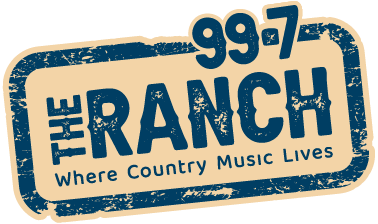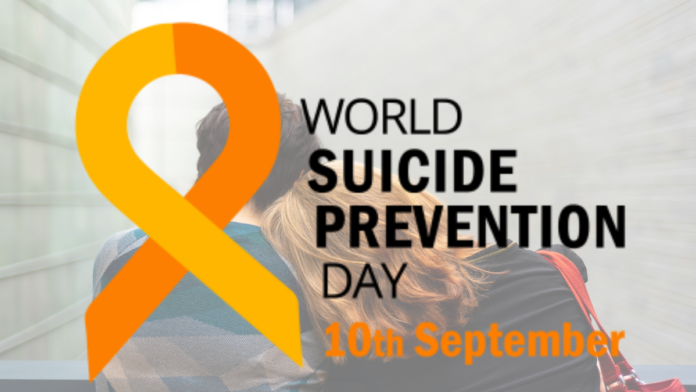Today, September 10th, on World Suicide Prevention Day (WSPD), Alberta’s alarming suicide statistics draw attention to the urgent need for awareness and action.
In 2022, the province recorded 618 deaths by suicide, with a stark gender disparity: 463 men and 155 women. This data mirrors a troubling global trend, emphasizing the importance of WSPD, which was established in 2003 by the International Association for Suicide Prevention and the World Health Organization to raise awareness of this critical public health issue. Globally, more than 700,000 lives are lost to suicide each year.
The Office of the Chief Medical Examiner in Alberta reports significant disparities in suicide rates across the province. Men are significantly more likely to die by suicide, with a rate of 20.3 deaths per 100,000 people, compared to 6.9 per 100,000 among women. The northern health zone reported the highest number of suicides in 2022, with 179 cases, followed by the south zone 149, Edmonton 148, and Calgary 142.
Nationally, Statistics Canada data revealed that 12 percent of Canadians have experienced suicidal thoughts at some point in their lives, 2.6 percent in the past year, and 3.1 percent have attempted suicide. these figures highlight the widespread impact of suicide on individuals, families, and communities.
Understanding the risk factors and warning signs.
Alberta Health Services outlines several risk factors that increase the likelihood of suicide, including a personal or family history of suicide attempts, severe anxiety, depression, other mental health disorders like bipolar disorder or schizophrenia, and substance abuse issues. Additional factors such as barriers to accessing social and health services, experiences of trauma, family violence, discrimination, or serious physical illness can also elevate risk.
Recognizing warning signs is critical in preventing suicides. in children and teenagers, these signs may include talking, writing, or drawing about death, expressing a desire to disappear, or changes in behavior like a loss of appetite or excessive sleep. For adults, warning signs can include a period of severe depression followed by sudden cheerfulness, an increased preoccupation with death, or a desire to give away possessions. significant life changes, such as divorce or the death of a spouse, can also precede suicide attempts.
Encouraging open dialogue and access to help.
Talking openly about suicidal thoughts is a vital step in prevention. Although it can be challenging due to feelings of fear, shame, or guilt, open dialogue can reduce stigma and promote healing. Trusted friends, family members, spiritual advisors, or healthcare professionals, such as doctors or counselors, can provide initial support.
Numerous resources are available for those in need. For immediate help, Canada’s suicide and crisis hotline can be reached by calling or texting 988. Talk Suicide Canada offers support from 4p.m. to midnight EDT at 1-833-456-4566, or by texting 45645. Youth can contact the Kids Help Phone at 1-800-668-6868 or text CONNECT to 686868 for confidential support.
Alberta’s new provincial health agency, Recovery Alberta, established in 2024, provides comprehensive and accessible recovery-oriented mental health and addiction services. In partnership with the Minister of Mental Health & Addiction, Recovery Alberta supports Albertans facing mental health and addiction challenges across a continuum of care, including prevention, intervention, treatment, and recovery.
Taking Action: Recognizing and responding to the signs.
AHS encourages Albertans to use the REACH Pathway to support those struggling with suicidal thoughts. Recognize when someone is struggling, engage in conversation and listen with empathy, ask directly about suicidal thoughts and feelings, connect to support and resources, and heal yourself by taking care of your mental health.
Together, people can prevent suicide by fostering understanding, compassion, and encouraging people to seek help. If you or someone you know is struggling, there are several resources available:
Mental Health Helpline: 1-877-303-2642.
9-8-8 Suicide Crisis Helpline.
Kids Help phone: Visit Kidshelpphone.ca or call 1-800-668-6868.
Indigenous Hope of Wellness Hotline: Call 1-855-242-3310.
Canada Suicide Prevention Service: Call 1-833-456-4566, text 45645 or visit Crisisservicescanada.ca.
National Trans Lifeline: Call 1-877-330-6366 or visit Translifeline.org.
By recognizing the warning signs and encouraging open dialogue about mental health, people can support those in need and help prevent suicide in Alberta and beyond.




